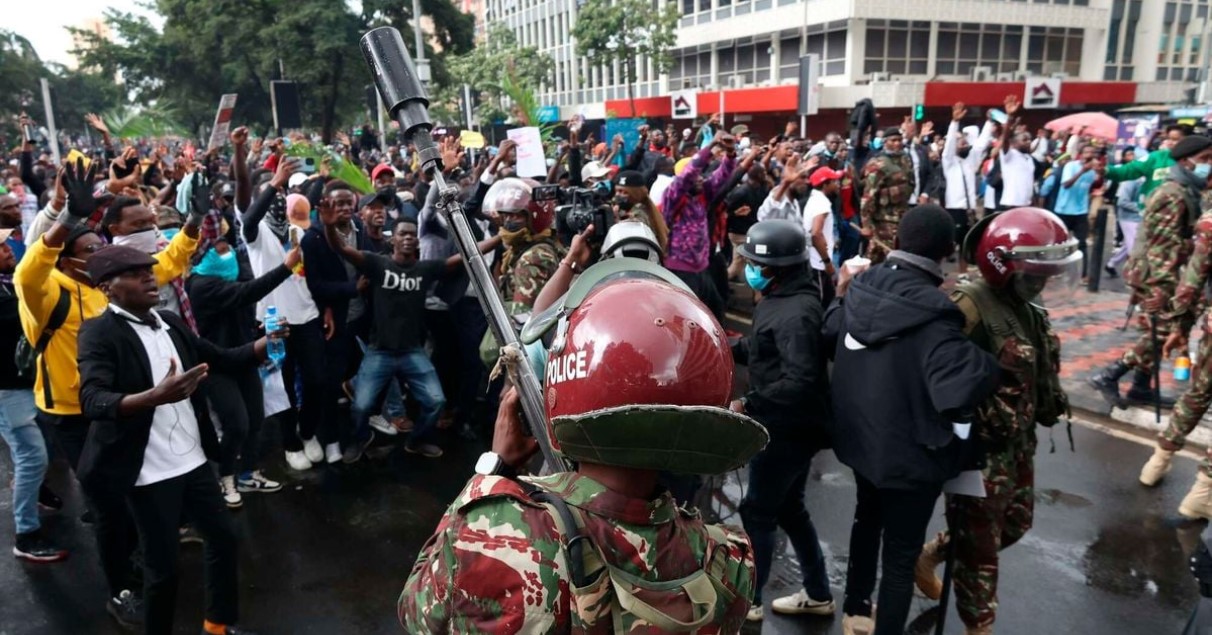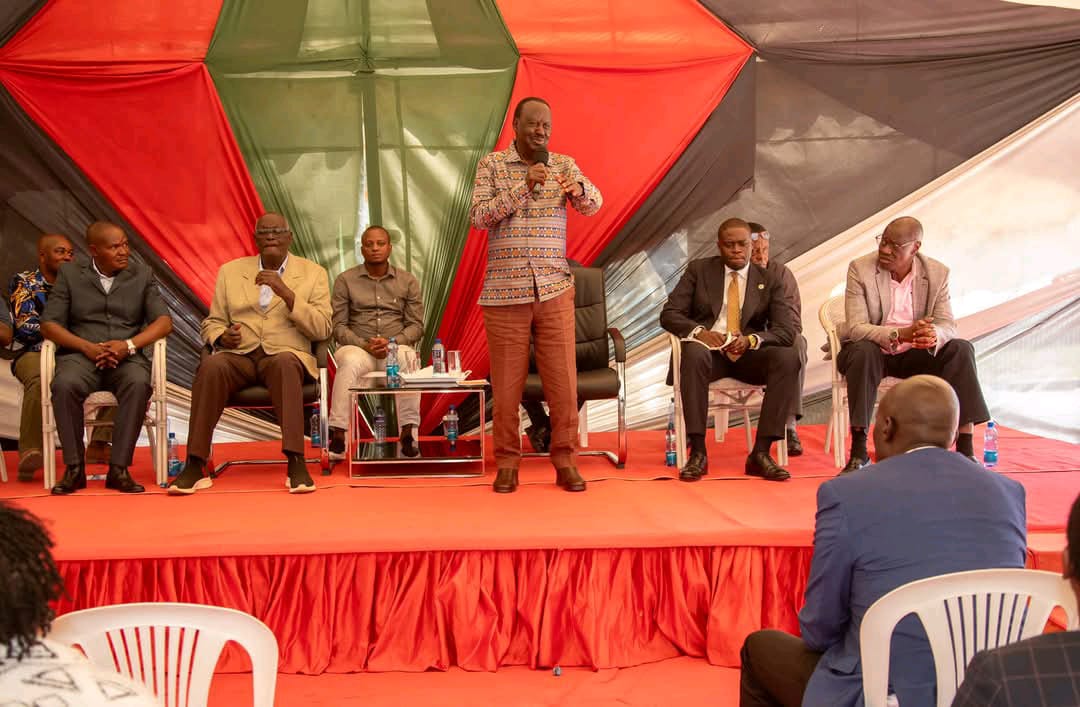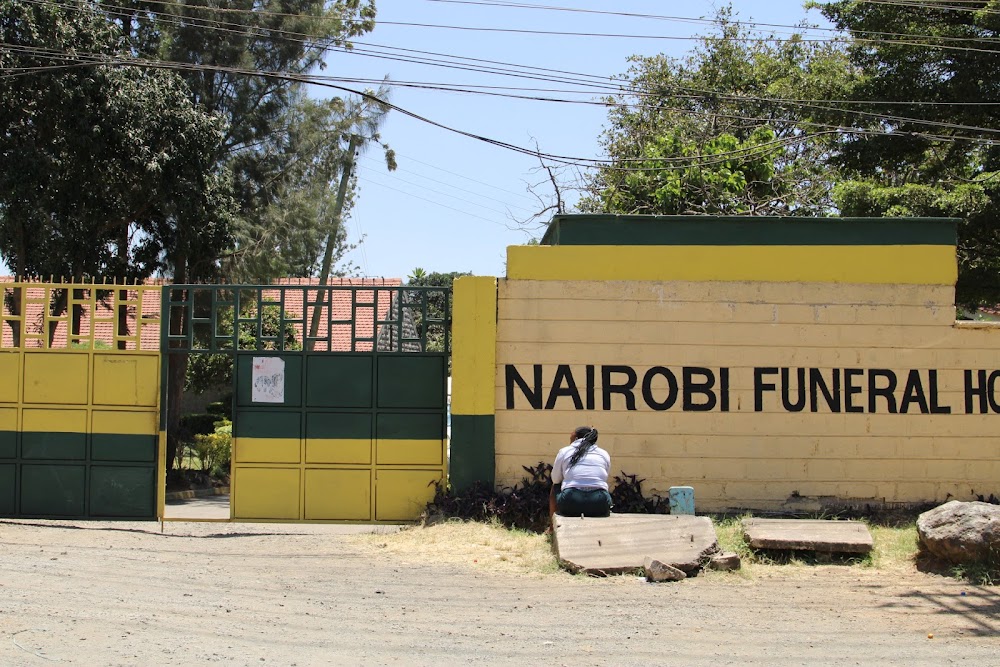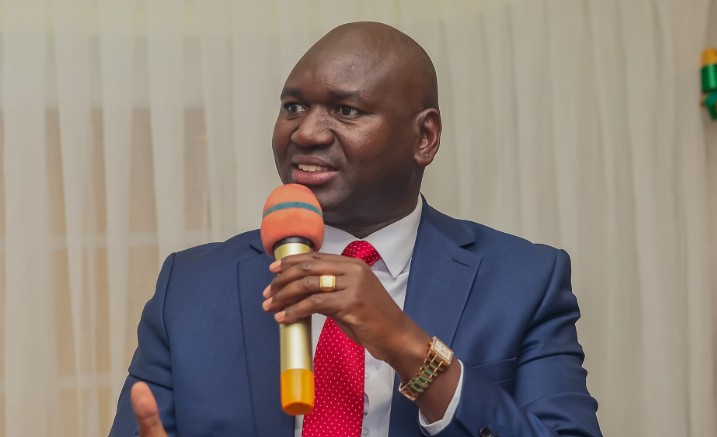Kenya Police Service tops complaint list in IAU report

Nairobi had the highest number of complaints, accounting for 42 per cent of the total, followed by Rift Valley at 15 per cent, Central at 12 per cent, Eastern at 11 per cent, and Nyanza at 10 per cent.
A recent report by the Internal Affairs Unit (IAU) has exposed a worrying trend: the Kenya Police Service (KPS) continues to face the highest number of complaints from the public, pointing to a decline in trust toward the force.
Out of 918 complaints filed last year, 714 or 78 per cent targeted officers in the KPS.
More To Read
- National Assembly summons Police IG Douglas Kanja over delayed reforms, payroll issues
- Families of missing Kenyans lay bare frustrations in search of their kin as IPOA decry lack of capacity to handle cases
- How Kenya is leading Africa’s fight against cross-border crime
- Albert Ojwang’s killing: IPOA Chairperson Issack Hassan apologises for joint presser with police
- Court bars DCI from summoning Nairobi Hospital officials amid leadership wrangles
- Police admit Shakahola lessons not fully applied after Kwa Binzaro cult deaths
The Directorate of Criminal Investigations received 155 complaints, representing 17 per cent, while the Administration Police (AP) accounted for 49 complaints, or five per cent.
The findings highlight growing public concern over police misconduct and failure to respond adequately to calls for help.
The KPS’s reputation has also suffered due to violent clashes with civilians during protests last year and earlier this year.
The report reveals that 379 complaints cited officers failing to act when required. Issues such as harassment, bribery, intimidation, and other forms of wrongdoing were each recorded in 91 cases.
Other grievances included unlawful detention, obstruction of justice, threats to life, physical assault, police brutality, and negligence while performing duties.
Most complaints, 784, or 85 percent came from the public. Police officers lodged 112 complaints against colleagues or supervisors, 12 were submitted by organisations, and 20 came from anonymous sources.
Men filed 66 per cent of complaints, women 23 per cent, and the remaining cases were either anonymous or did not indicate gender.
Nairobi had the highest number of complaints, accounting for 42 per cent of the total, followed by Rift Valley at 15 per cent, Central at 12 per cent, Eastern at 11 per cent, and Nyanza at 10 per cent.
Other regions reported fewer than 10 per cent each.
Interestingly, despite a year marked by youth-led protests and heightened scrutiny of police brutality, the report recorded no complaints related to deaths caused by police.
Only a single complaint involved excessive force, serious injury, or misuse of firearms, a figure that seems at odds with civil society reports describing last year as one of the deadliest in recent memory.
Out of all complaints, 576 were forwarded for further investigation or administrative action, while the remaining cases were resolved at IAU headquarters or regional offices. Of the escalated cases, 56 were sent to the Inspector General’s office for review.
The IAU report offers a clear snapshot of the challenges Kenyans face when seeking help or accountability from law enforcement, highlighting persistent misconduct, neglect, and declining public confidence in the police.
Top Stories Today










































